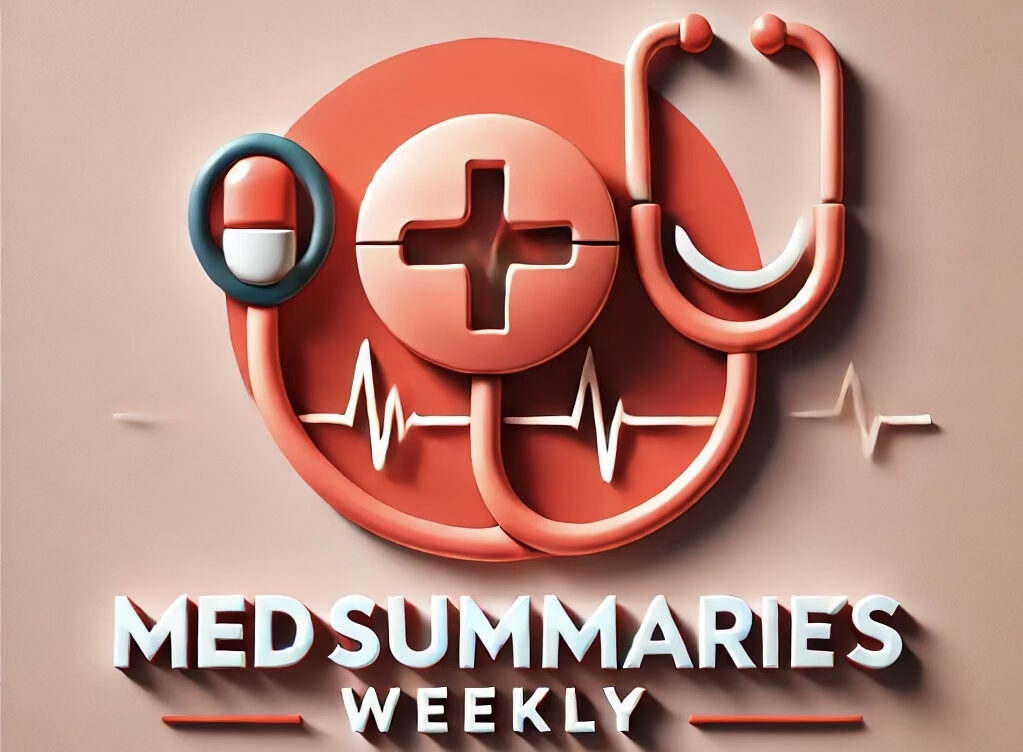WARSS
In patients with a recent non-embolic ischemic stroke, is warfarin superior to aspirin for secondary prevention?
Study design
Multicenter, prospective cohort study
Population
- Number of patients studied: 2206
- Inclusion criteria: Age 30-85 years, no contraindications to antithrombotic therapy, ischemic stroke within prior 30 days
- Exclusion criteria: Baseline INR >1.4, stroke attributed to a procedure, high-grade carotid stenosis, or an inferred cardioembolic source (eg, atrial fibrillation), inability to provide written consent
Interventions

- Experimental group: Warfarin (dose adjusted to achieve INR with range of 1.4 to 2.8)
- Control group: Aspirin 325 mg/d
Primary outcome

Secondary outcomes
No difference in time to primary outcome in aspirin vs. warfarin
Safety outcomes or Adverse Events
Death related to hemorrhage: Warfarin 4.3%, Aspirin 4.8% (HR=0.88, 95% CI 0.58–1.32, p=0.61)
Major hemorrhage: Warfarin 2.2%, Aspirin 1.5% (HR=1.48, 95% CI 0.93–2.44, p=0.10)
Minor hemorrhage: Warfarin 20.8%, Aspirin 12.9% (HR=1.61, 95% CI 1.38–1.89, p<0.001)
Conclusion
Among <p>Among patients with a recent non-embolic ischemic stroke, there was no significant difference between warfarin and aspirin in the prevention of recurrent ischemic stroke or death at two years. Warfarin was associated with a higher rate of minor hemorrhage
Mohr, J. P., Thompson, J. L., Lazar, R. M., Levin, B., Sacco, R. L., Furie, K. L., ... & WARSS Investigators. (2001). A comparison of warfarin and aspirin for the prevention of recurrent ischemic stroke. New England Journal of Medicine, 345(20), 1444-1451.</p> <!-- /wp:paragraph --> ```
